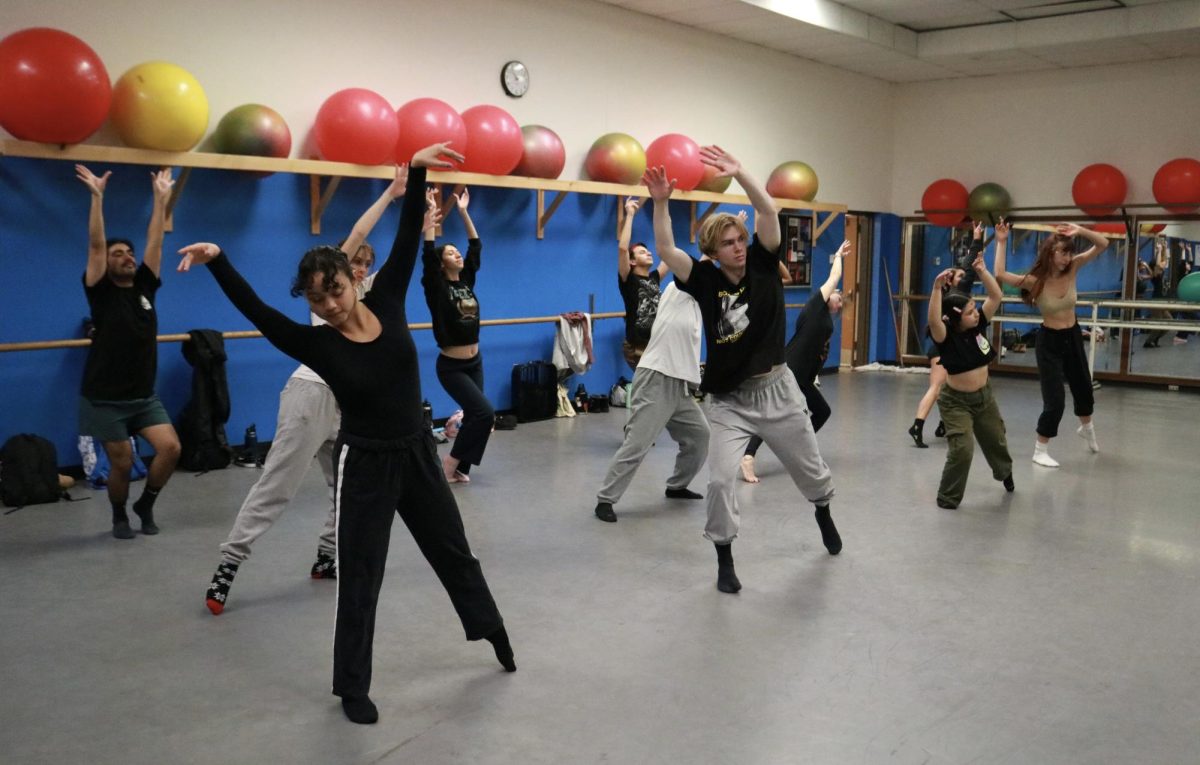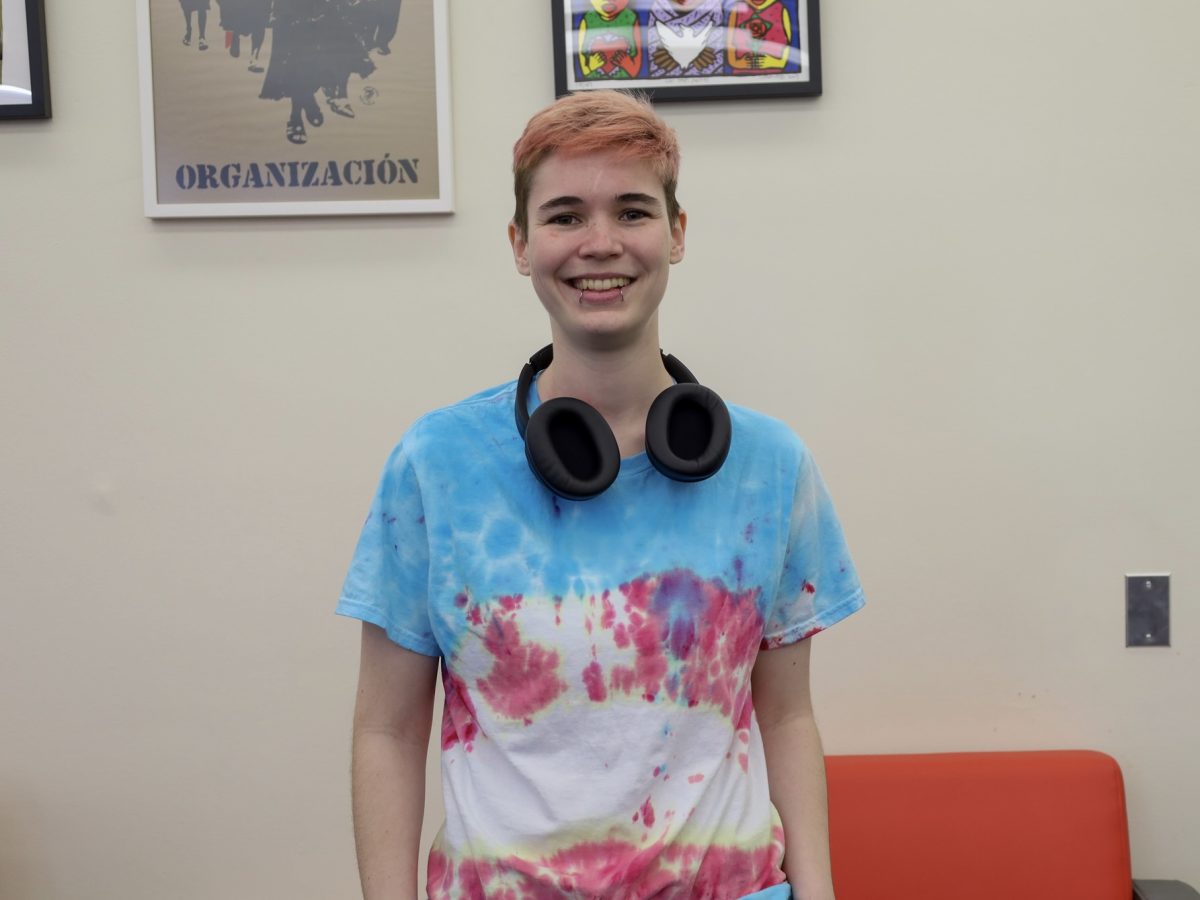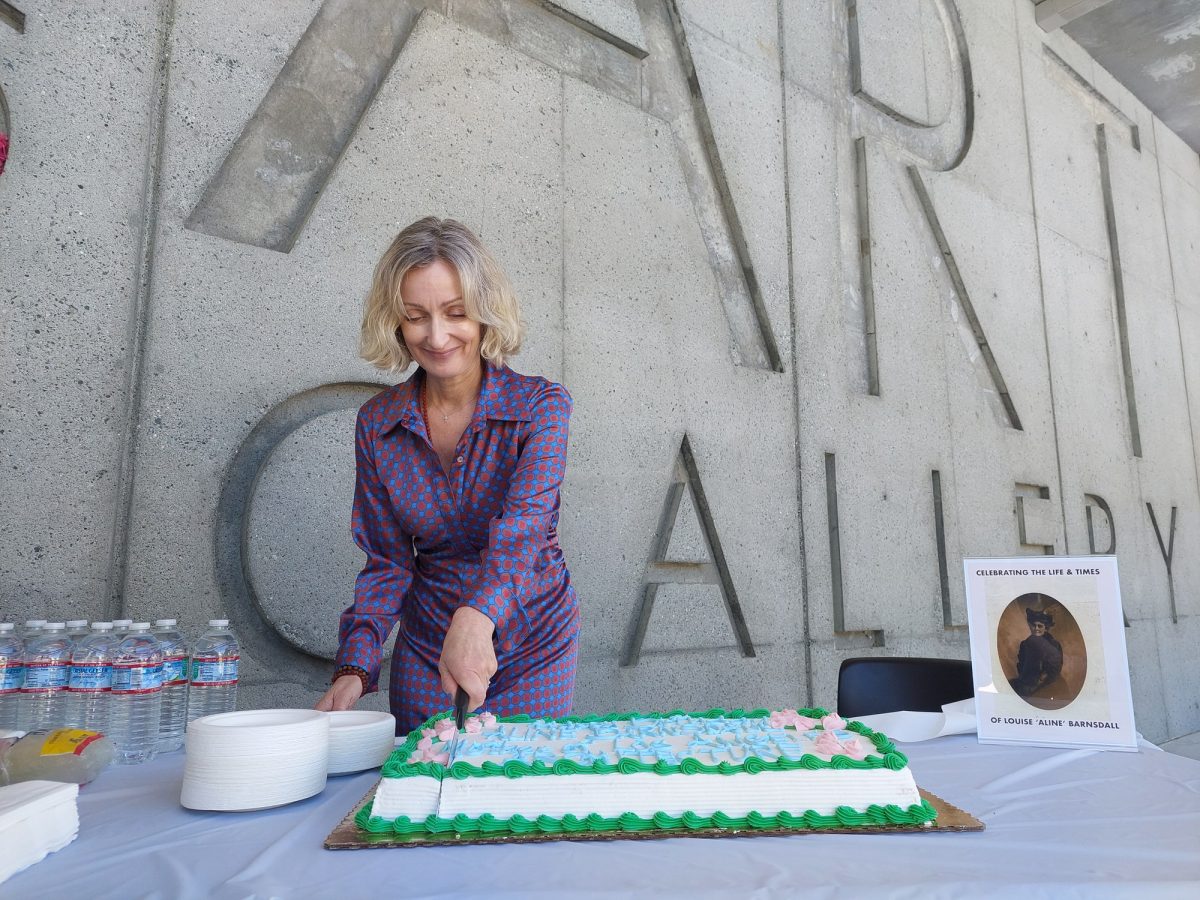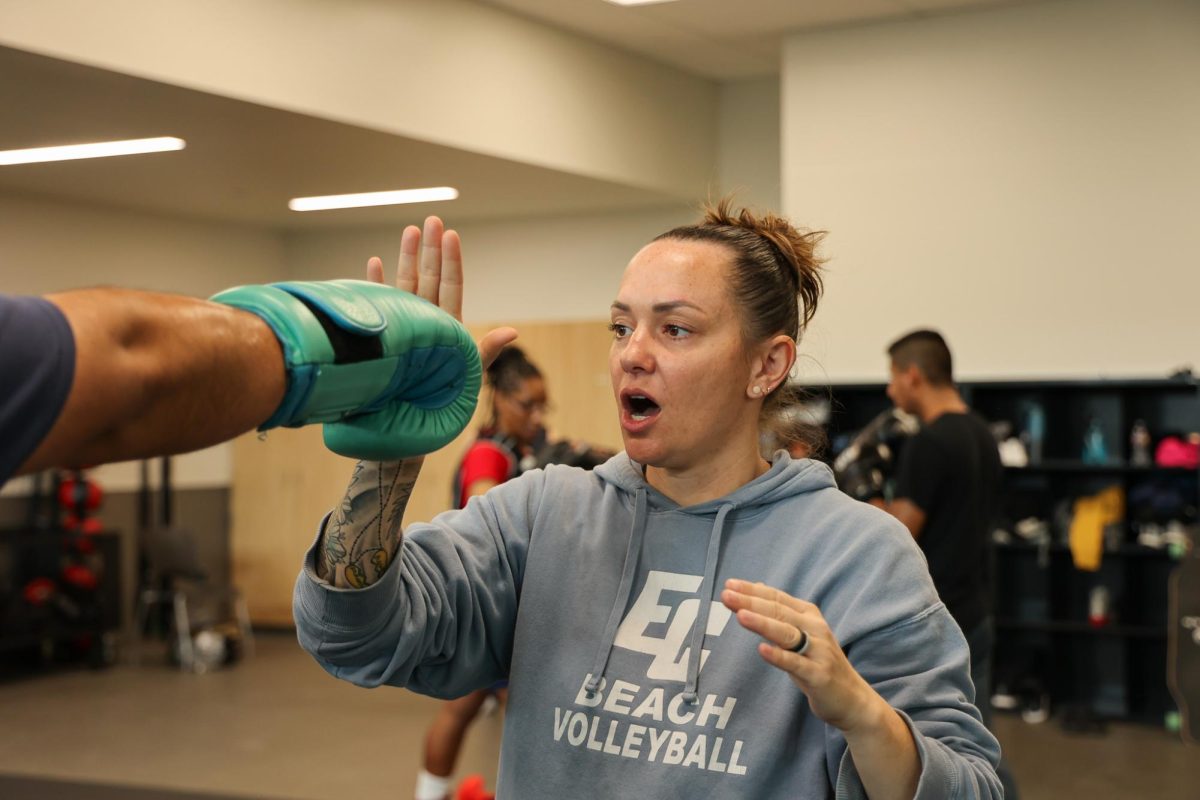Debbie Conover, coordinator for student health services and registered nurse, said going out in the sun or going to tanning booths are not good for anyone.
“No matter if you go in a tanning booth or out in the sun, you are going to get damage from UV rays,” Conover said.
Conover said that UV rays are the harmful rays from the sun.
“The exact cause of melanoma is unknown,” she said. “However, it is a known fact that the main factor is UV radiation.”
She said that melanoma can run in families and that those with fair skin can be more at risk for melanoma.
There are many signs the body gives to inform a person if they do have skin cancer.
“The first sign is change in shape or color of a mole,” Conover said. “That includes bleeding, oozing or any mole that feels different, which should be checked by a doctor.”
She said the first treatment for skin cancer is surgery, which is followed by immunotherapy, or sometimes chemotherapy or radiation.
“People years ago thought that having a tan was a status symbol of wealth,” she said. “Historically, if someone has a sun tan, it is a sign that you are a worker.”
“We are here to inform students if they want to know the adverse effects and long-term effects of tanning,” she said.
Conover, whose parents were diagnosed of skin cancer, said that back then her parents were not aware of the effects of staying out in the sun.
“The best things to use for getting a tan are sunless tanning products, for example, bronzers,” she said.
She said that people should put on SPF 30 or higher and to protect themselves they should also wear hats.
“No matter what your skin is, you can still burn,” Conover said. “Maybe not as quickly as other people, but you they will still burn because the rays are coming from the same place.”
Staying away from the sun will help reduce the chances of getting melanoma.
“I grew up in Manhattan Beach and have been tanning all my life,” football coach John Featherstone, said.
“I had to have a couple of surgeries to remove spots on my back that were developing into cancer,” he said.
However, some people choose not to worry about the consequences that tanning can bring.
“I am not worried about getting skin cancer,” Vanessa Mangan, undecided major, said.
“If it happens, it happens; I just like the way I look better when I’m tanned than when I’m not,” she said.
Linda Gibson, anthropology major, said she thinks that going to tanning booths is healthy in moderation.
“I think it is great to go out and get a tan first at a tanning booth first before going out in the sun,” Gibson said.
“There are so many different forms of cancer that if I lived my life scared, I wouldn’t have any fun in my life,” Mangan said.
Stated in a flier from the Skin Cancer Foundation, several ways of avoiding damage of skin from the sun are to avoid sun exposure between 10 a.m. to 4 p.m., examine skin from head to toe at least once every three months, do not sunbathe or use artificial tanning devices.
More information on skin cancer and the prevention for it may be obtained at The Skin Cancer Foundation at (212) 725-5176 and The American Academy of Dermatology at (708) 330-0230.
“I still live in Manhattan Beach but I’m a lot more wiser when I go out into the sun,” Featherstone said.
“I wear a ton of sunscreen, and I refuse to let my daughters make the same mistakes I’ve made,” he said.






